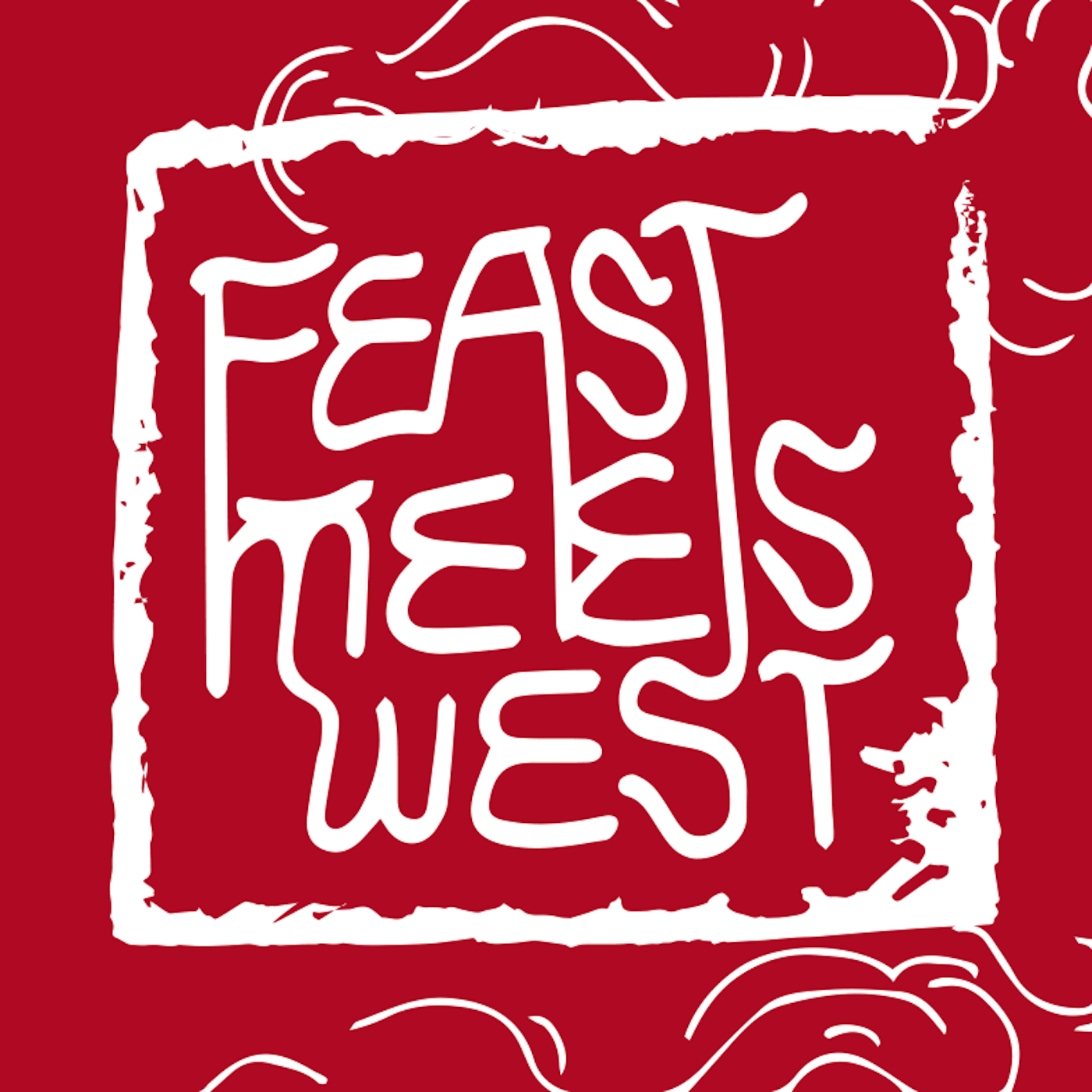Episode 60: Fusion is Not the F-word
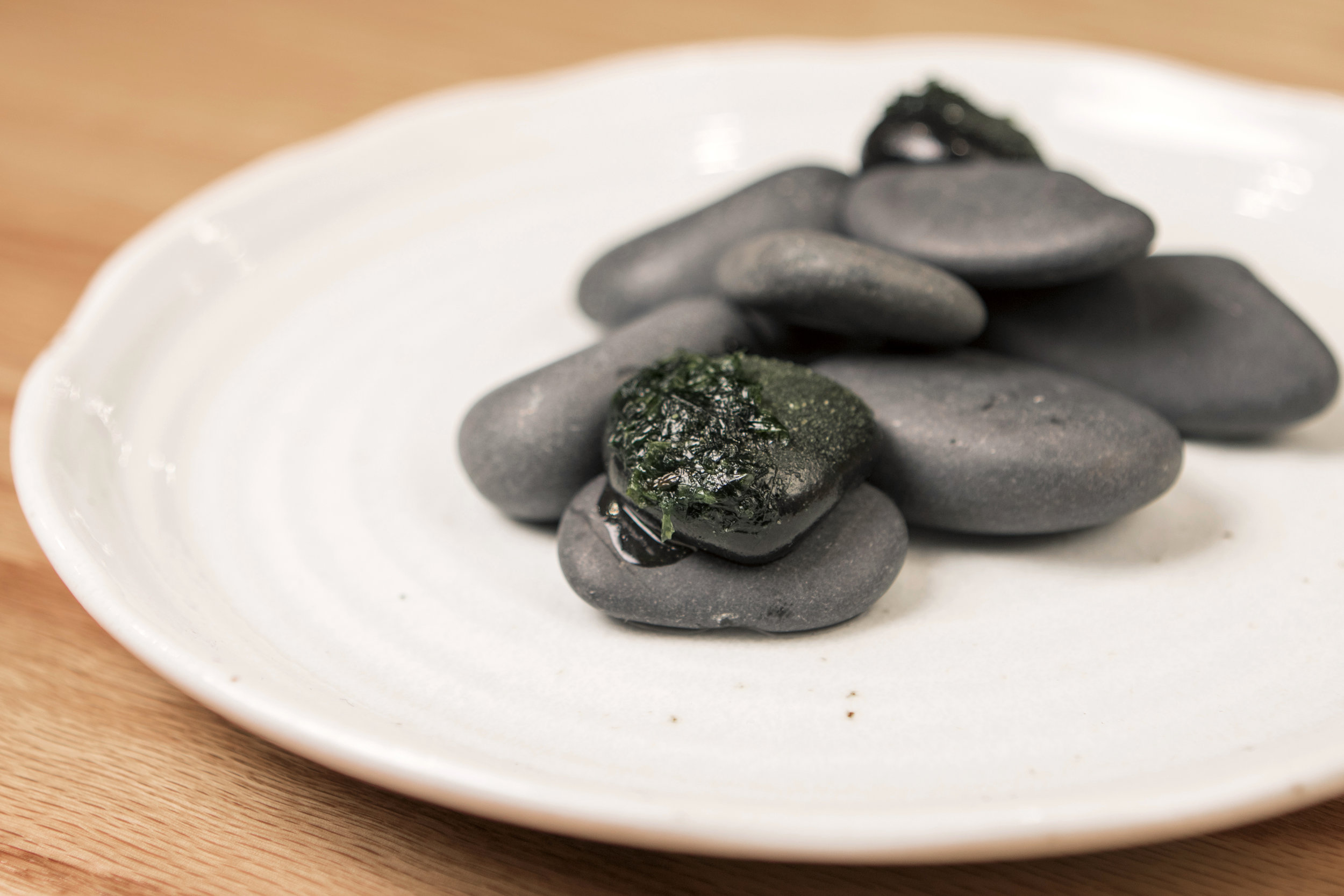
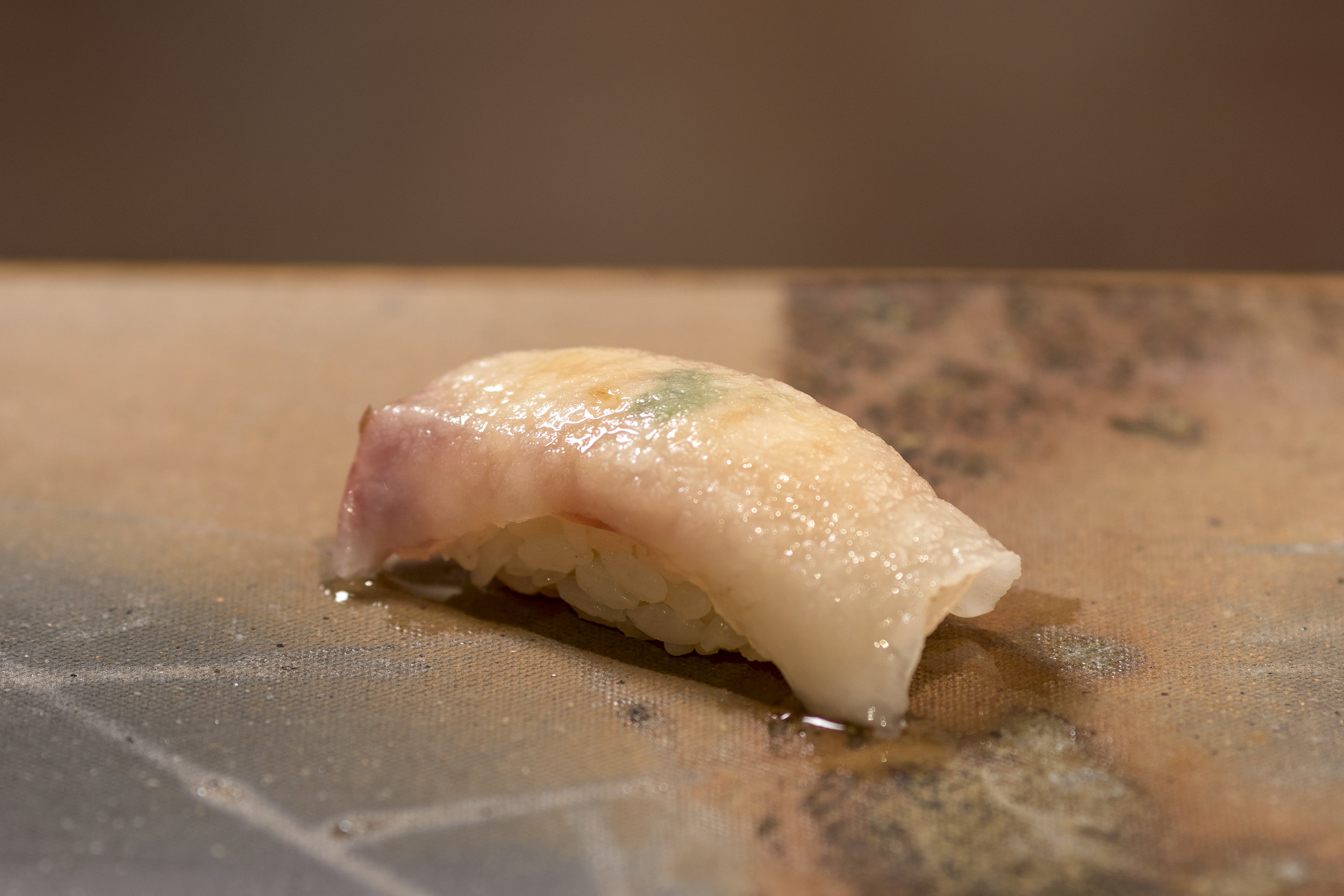
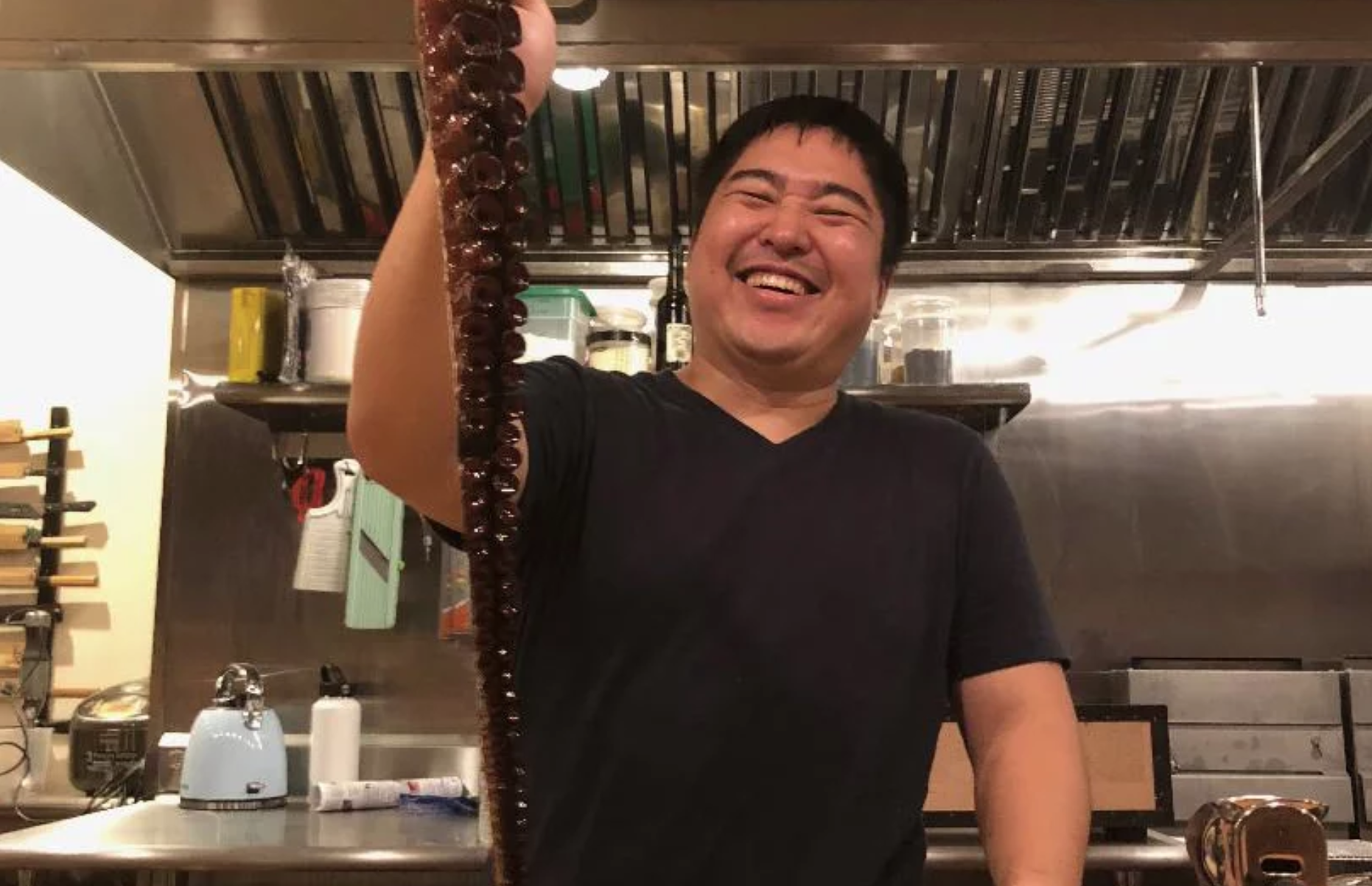
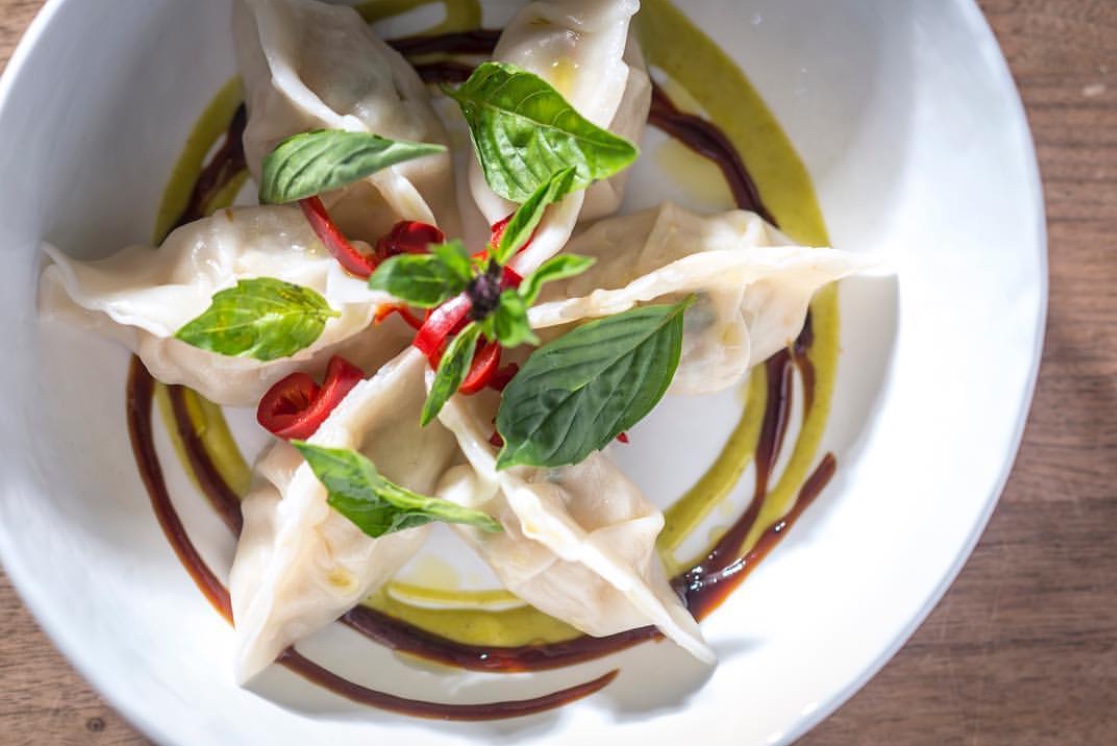


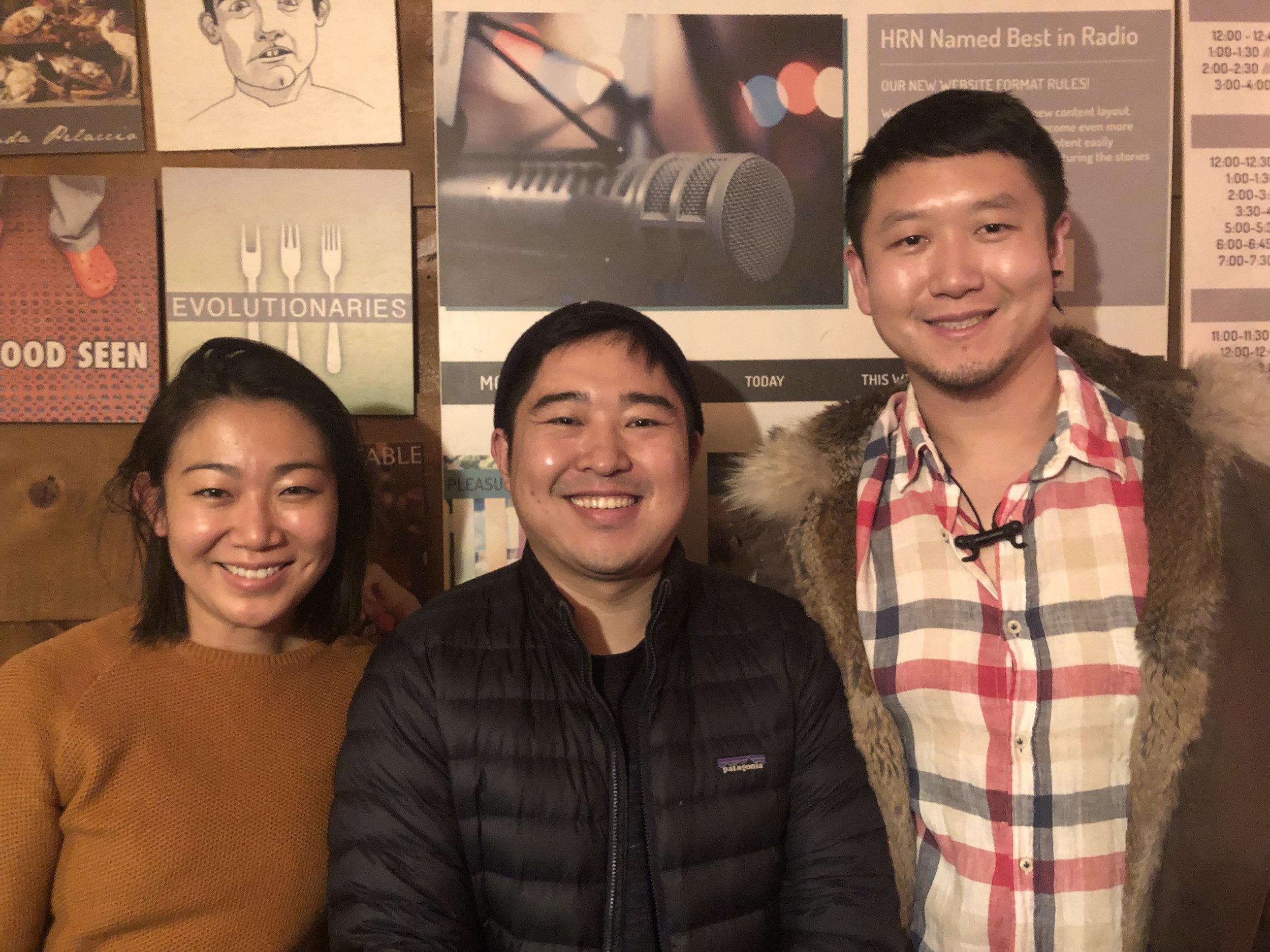
Don’t be scared, fusion is not the f-word, especially when it’s executed in a responsible and thoughtful way. How will your taste buds continue to be challenged and excited, for food to innovate, and paths created for new dishes to become classics -- without an active desire to transcend borders and a daring streak to be bold? Xiaowei Zheng of Chiko and Donovan Tian of Daily Provisions shed some light on how to approach the idea of fusion.
At Chiko, Chef Xiao serves an inventive and personal kaiseki menu that draws on his Japanese, Chinese, Italian training, and food memories. He says, “My new restaurant concept is to push out our idea for what’s fun and interesting, and marry the international flavors into the simple ways of Japanese preparations.” From afar, his dishes look Japanese, but close up he’s melting a thin sliver of lardo on red sea bream sushi.
“It is getting down the experience of the first time you see something, you don’t expect it can be ‘this’ way.”
Chef Donovan’s principal in cooking has been removing parts that you don’t need, and letting the ingredients speak for themselves. One of his highlights at Daily Provisions is the humble but popular tomato sandwich.
“Cooking is a profession of service where we serve our ingredients so that they can truly fulfill their potential, and we serve our guests so their needs are met, and you serve the people around you, and ultimately you serve your present. You have to know your past so you can be responsible for your future.”
We discuss how the connotation around fusion is that it’s unnatural, that a certain technique or ingredient was used so you can charge more for the dish. Maybe that’s why there is a bad rap around the concept.
However, fusion is happening all the time, everyone’s cooking is informed by someone else’s. But how do you do this thoughtfully so your cooking is transcending borders and not overstepping boundaries?
“Cuisine is a language to me always. In order for a person to speak in a language they need to have mastery of the basics. You can’t come to this country and communicate with people without learning your ABCs. Therefore, in cuisine, if you want to be a chef and be informed, talk about cuisine and push it forward, you have to know the words - the building blocks to a cuisine.”
If you are curious about your own heritage or another culture, learn more about it by doing - go explore, eat the cuisine, cook the cuisine. Once you have the necessary experience, master the classic dishes, know the key ingredients and their functions within a cuisine, you can make well informed substitutions and experiments. “Then, you will be naturally informed to speak the language in an accent”, says Donovan.
There’s also a lot more education needed from the food creators. Communicating with the diners and setting expectations will lead to a better experience, as not all “New American” labels mean the same thing.
“People in the culinary industry don’t take enough time to educate people on cuisine that much. People sometimes don’t want to hear it, because they’re just out to dinner, but it’s important to inform people where your starting points are. Is it a Chinese restaurant informed by Italian influences, or vice versa.”
Chef Xiao’s counter space set up at Chiko aims to solve for this. Most restaurants hide their Chefs in the kitchen, Xiao recognized the need to be front and center, educating the customer as they dined. In terms of putting in the extra work, innovation is a muscle you have to exercise, otherwise cooking just becomes a job and a thing you do. Both Chefs agree, that pushing the boundaries is also more fun.
“When you create something new, and you use your knowledge and ideas, and people eat it, and you create a chemistry of excitement. Then the people give you great feedback, and you know it worked!”
With innovation, comes preservation. But preserving does not mean hiding it nor leaving it be. There are culinary traditions that are dying because they don’t have commercial viability. Donovan argues you have to think about repurposing in order to preserve, “If you put it in a jar in a museum, all it’s going to do is die there. In order to preserve something you need to take it out and let people see it.”
“Let’s go out and discover more traditions, show them to the world, and find the commercial value in it.”
And what makes a new innovation a classic? Donovan thinks it’s when there’s the right energy around something and you naturally want others to know about it after you try it yourself. “You want it, you eat it, and you want to tell others about it. Like the cronut. People are going to be having cronuts forever …”
Go see Xiao and Donovan at Chiko and Daily Provisions (new West Village location coming soon)!
